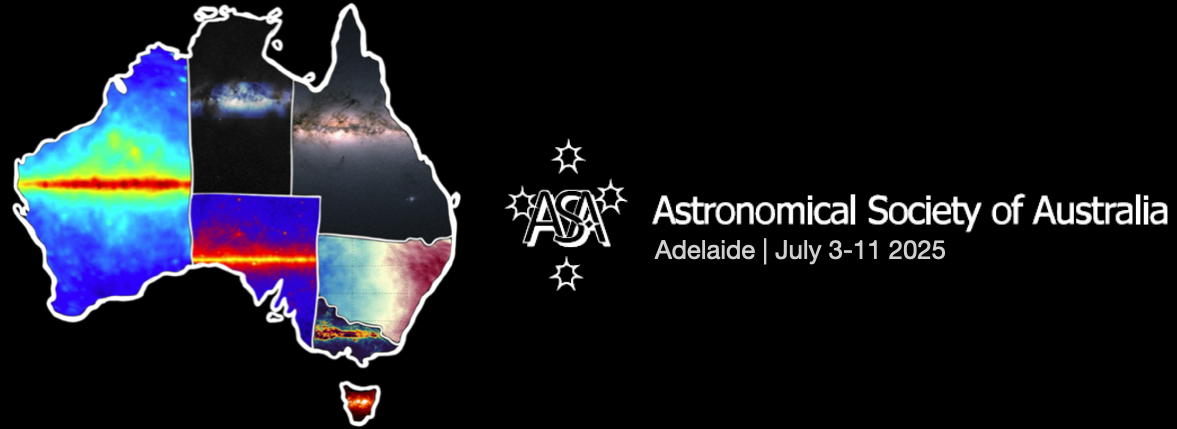Speaker
Description
Colliding black holes send ripples through space-time in the form of gravitational waves. The waves from the final ringing created by the disturbed remnant black hole settling into a stable state after the collision are encoded with clues about the nature of gravity. By analysing these waves in a method called black hole spectroscopy, we can test Einstein’s theory of general relativity in extreme conditions. But there’s a catch: small calibration errors in our gravitational wave detector’s output can mimic signals that look like “new physics,” leading us to wonder — is it just me, or have we killed general relativity? So, let’s talk about the impacts of calibration accuracy on our ability to truly test the nature of gravity. Using simulated black hole merger waveforms, we model how different levels of calibration errors affect the results of our tests. While we're pretty confident the observations from the current-generation observatories with their state-of-the-art calibration will be unaffected, the same cannot be said for our incredibly sensitive future observatories. In the end we find that calibration is a key factor to consider in order to ensure that if general relativity were ever to “die,” we’d know it was a real discovery and not just a glitch in calibration.
